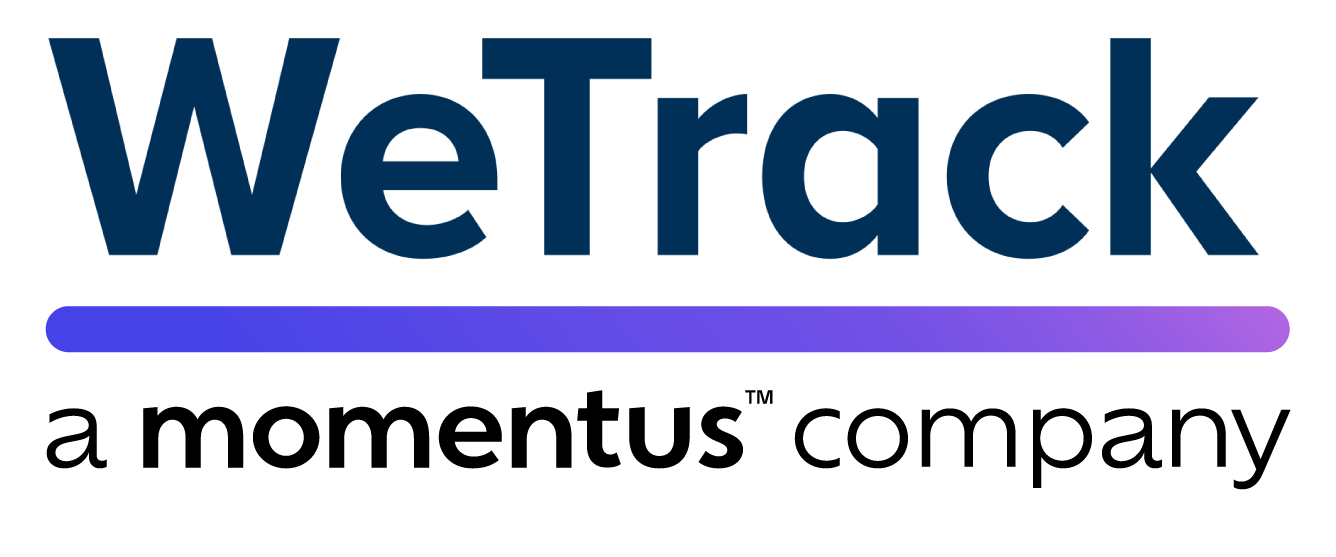In this series, we are discovering how events, venues and organisations can improve their sustainability efforts, whether in the early stages of creating a strategy or already pursuing targets. Here, we introduce ISO 26000, an international standard to help organisations to understand and manage social responsibility.

What is ISO 26000?
ISO 26000 provides guidance on social responsibility for all sizes and types of organisation. Social responsibility is a broad umbrella covering an organisation's impact on society and the environment, and is therefore essential for any organisation to invest in properly. Social responsibility also brings benefits in competitive advantage, reputation, attracting members and clients, perception of investors and sponsors, and relationships with government, the media, supply chains and more.
ISO 26000 offers practical guidance, in the form of more than 450 recommendations relating to sustainable development, from understanding your impact on society and identifying and respecting stakeholder expectations, to prioritising significant issues, complying with relevant laws and integrating responsible behaviour throughout your organisation and supply chains.
How is it structured?
ISO 26000 addresses seven core subjects:
- Organisational governance
- Human rights
- Labour practices
- The environment
- Fair operating practices
- Consumer issues
- Community involvement
ISO 26000 is not a management system standard - it does not contain requirements and so cannot be used for certification. Rather, it is extremely valuable for guidance and recommendations.
How can an organisation get started with it?
The standard recommends a 5-point checklist to get started:
- Make a quick analysis of your organisation in the seven core subjects listed above: what is your role in society, what impacts do you have and what value do you create?
- Create a map of stakeholder expectations that your organisation impacts upon.
- Refine point 1 in light of point 2, developing a gap analysis and identifying recommendations that can or should be taken urgently.
- Define objectives and targets and create a milestone plan (with dates) towards achieving them.
- Integrate social responsibility across your whole organisation, particularly getting buy-in from top management.
Where can I go for more info?
You can buy it here, currently for 198 Swiss Francs. If you want more detail, this guidance document gives you a slightly fuller introduction to ISO 26000; or you can learn about how ISO 26000 relates to the United Nations' Sustainable Development Goals. If you are in charge of running events, check out our introductory blog piece on ISO 20121, the international standard for sustainable event management.
For any organisation getting more serious about sustainability and social responsibility, ISO 26000 is a great place to start. Its guidance and recommendations can structure your work as you build a strategy, giving you much-needed direction.

WeTrack's upcoming sustainability module
Learn more about WeTrack's new sustainability tracking software, which is in development. This module will allow organisations to set targets, track indicators and hit achievements in sustainability, social responsibility, diversity, legacy and more.


